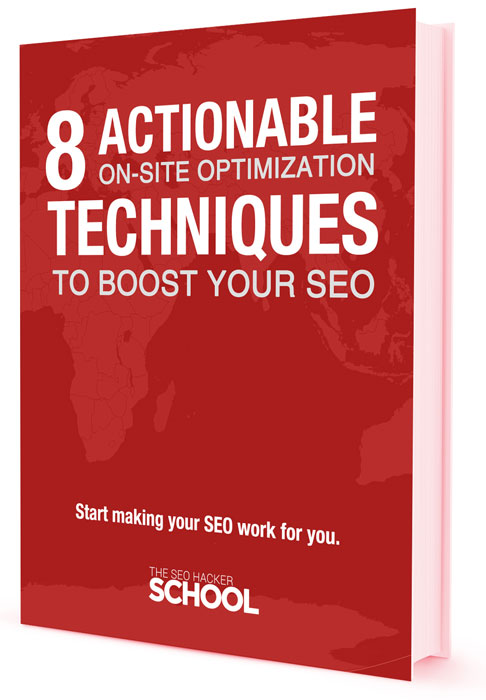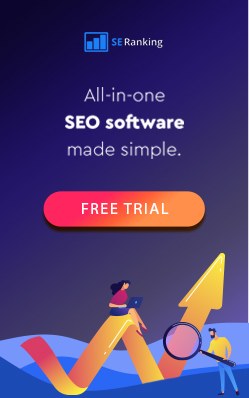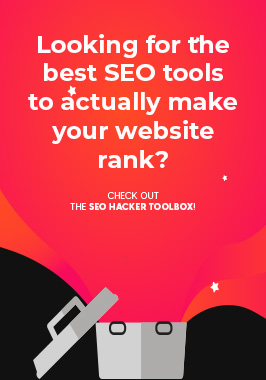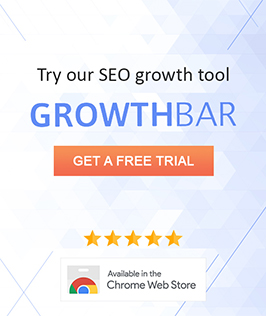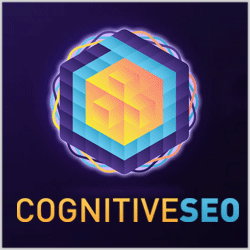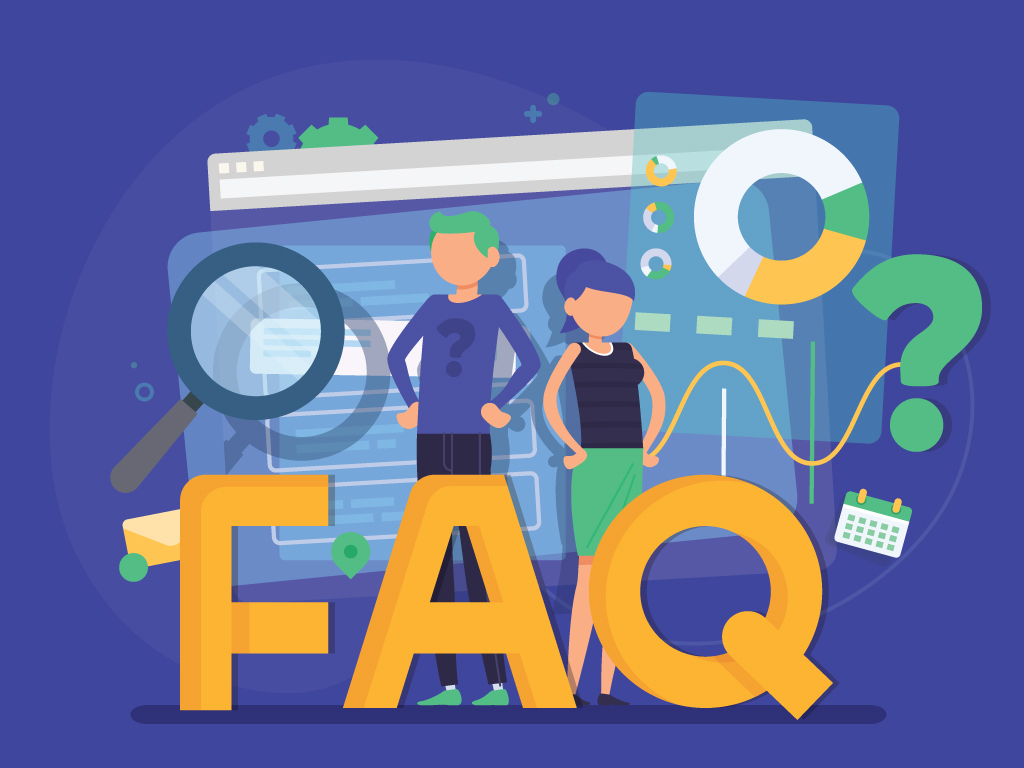
23 Frequently Asked SEO Questions
One of the things that I like the most about the SEO industry is that education is easily accessible to literally anyone who wants to learn about SEO. I have seen the growth of the knowledge base throughout the years as more and more SEO experts share their experiences and strategies that they have discovered. Google has also put in the effort to educate people about search.
However, with so many resources available online, it also became a problem for those who are new to SEO to find reliable websites to answer their questions. Yes, there are a lot of authoritative websites but there are also those who try to misinform people or complicate things. And so in this blog post, I’ve compiled the most frequently asked questions about SEO and I’m here to answer them all.
 +63917 712 8496
+63917 712 8496


